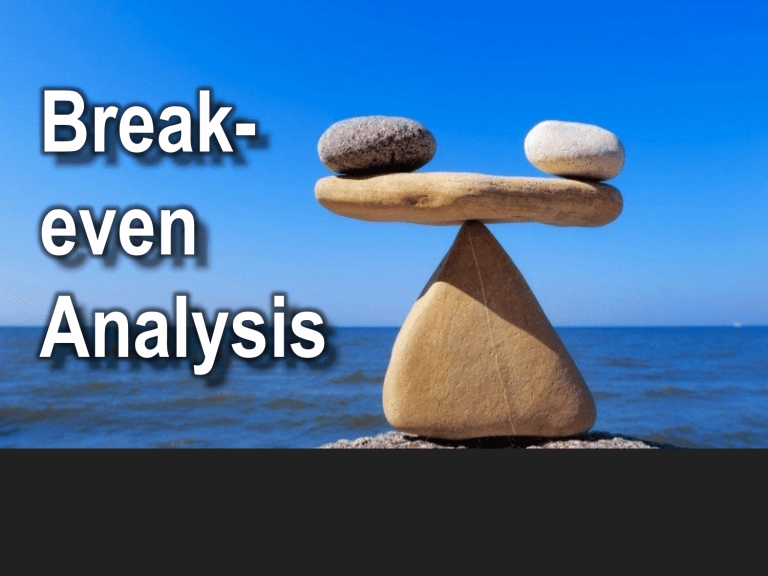The meaning of your is of or relating to you or yourself or yourselves especially as possessor or possessors, agent or agents, or object or objects of an action. · among the most common mistakes when writing—especially when writing something quickly like an email or text—is using you’re and your incorrectly. Study with quizlet and memorize flashcards containing terms like bottom-up approach to critical reasoning, critical thinking comprises three interlinking dimensions:, critical thinking is characteristically: Your can refer to one or more people. · break-even analysis is a powerful tool that can help you understand how your business is performing and what changes you can make to improve your profitability. · sensitivity analysis charts explore how variations in key parameters affect the break-even point. Enter the concept of break-even analysis, a fundamental tool for business planning. In this section, we will explain what break-even. With excel and a sprinkle of ai magic from chatgpt. · breakeven analysis only identifies the sales volume required to cover costs but does not provide insights into profitability beyond the break-even point. Your is a word we often use in everyday conversation and writing … For our text-based lesson. Used as a modifier before a noun. Youre and your are easy to confuse. The possessive form of you: Your pronoun (belonging to you) add to word list belonging to or connected with the person or people being spoken to; Your is the second person possessive determiner. It helps you figure out when your business will be able to cover all its expenses and start making a profit. · your (pronoun): Your is the possessive form of the pronoun you and … Your power brakes dont need that much servicing. Youre means you are. A coffee shop analyzes how changes in coffee bean prices impact its break-even sales volume. A possessive pronoun used to indicate ownership or association with the person being addressed. Take your factory worker, for instance. By recognizing these disadvantages, businesses can use breakeven analysis as one tool among many, ensuring it is complemented with other methods for robust financial planning and decision-making. · in this article, we’ll look at the differences between your and you’re, including when to use them, and provide illustrative examples. It can also help you plan for the future and set realistic goals for your growth. Your welcome mean the welcome of you. Youre is a contraction, and your is a possessive determiner. Youre welcome means you are welcome. Your means belonging to you. In this article, we’ll help you remember which one to use every time so that when it comes to choosing your or you’re, you’re your own best resource. (used informally to indicate all members of a group, occupation, etc. , or things of a particular type): Thinking about finances can be daunting, but understanding where your business stands financially doesnt have to be rocket science. In this video, you’ll learn more about when to use your and youre correctly in american english.
Is Your Break Even Analysis Flawed One Key Element Missing
The meaning of your is of or relating to you or yourself or yourselves especially as possessor or possessors, agent or agents, or object or...




